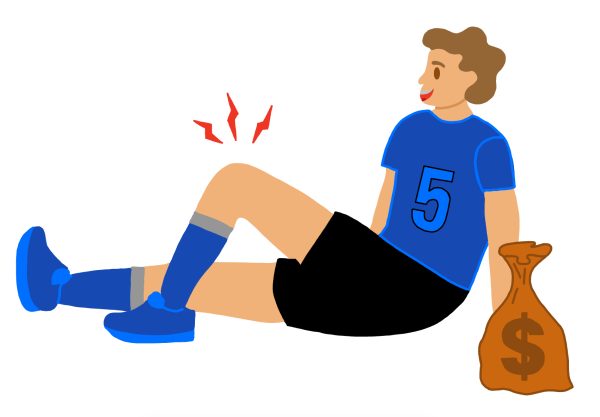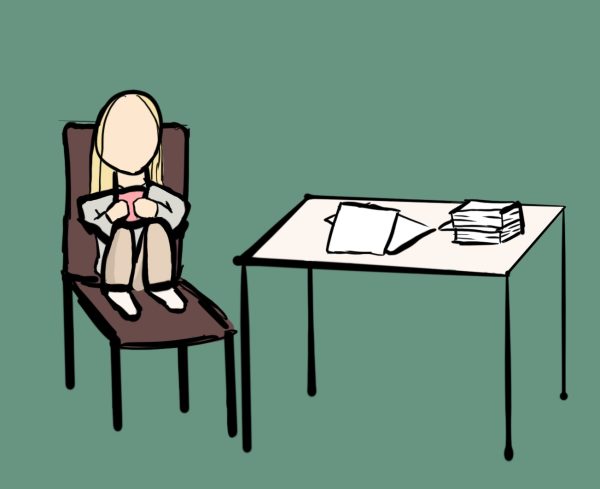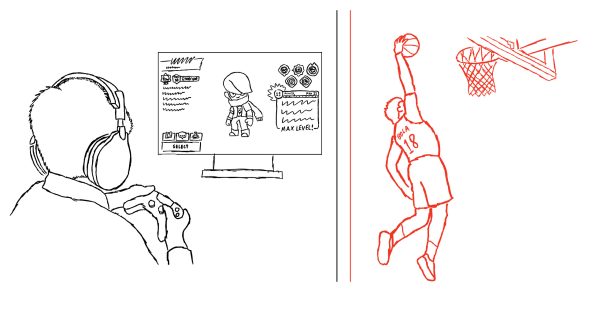Americans eat less, still unhealthy
My favorite snack is low-calorie, so it must be healthy, right? Wrong. Calories are not nearly as important as perceived when assessing a food’s healthiness. For example, if I were to have a Venti Caffe Latte, despite an identical total calorie count as a chicken Caesar salad, I am obviously still not getting the same nutritional value. The fat in my hypothetical latte is full of empty calories that contain little nutrients. Most believe that a habit of eating less trash instead of treasure is a solution to unhealthy eating. Sadly, this misconception has become a trend.
Margot Sanger-Katz published an article on this subject in July’s issue of The New York Times accompanied by some hilarious pictures of a tiny burger on a platter and two fries with a smudge of ketchup. In it, Sanger-Katz said “Americans are still eating far too few fruits and vegetables and far too much junk food, even if they are eating somewhat less of it.” Children, in particular, have been exposed to 79 fewer calories of sugary beverages per day than those 8 years ago, according to the article. That is a step in the right direction, but still only makes a standard 2000 calorie diet just under four percent less caloric. That is essentially nothing, and given the vast amount of educational tools, high school classes and affordable health care made available to the public the only reason radical change hasn’t occurred is due to a lack of execution.
People who think that having less of a fatty hamburger is healthier than eating more of a nutrient-dense are misinformed. These people are failing to take control of their own health-consciousness. It is easy to lazily think that less calories equate healthiness, but nutrition is too complex to approach with this fourth grade thinking style.
Your donation will support the student journalists of Saint Viator High School. Your contribution will allow us to purchase equipment and cover our annual website hosting costs.







